Ethiopia
Human Rights Watch (HRW) have added their voice to calls especially by the Office of the United Nations (UN) Commissioner on Human Rights, for an independent inquiry into deaths at an Ethiopian festival last week.
The Irreecha festival turned chaotic and led to death of over 50 people. The incident according to government was cause by anti-peace groups. But opposition insists it was as a result of police having fired tear gas on peaceful celebrants.
“The world should be carefully watching what is happening in Ethiopia,” said Felix Horne, senior Africa researcher at Human Rights Watch. “As more and more people are killed in protests this year, the government should urgently change course to prevent more bloodshed.”
HRW said it was important for the Ethiopian government to allow an independent, international investigation to determine how scores of people were killed on October 2, 2016.
The rights group, expressed its concerns in a question-and-answer document about the issue.
The UN High Commissioner for Human Rights late last week, renewed a request to the Ethiopian government seeking access to the country to conduct an independent assessment of continuing protests.
A statement issued in Geneva on Friday, by the commission’s spokesperson, Rupert Colville, said, ‘‘There is clearly a need for an independent investigation into what exactly transpired last Sunday, and to ensure accountability for this and several other incidents since last November involving protests that have ended violently.’‘
On their part, the HRW statement said, ‘‘The government has a history of resisting outside scrutiny of its rights record. Access has been requested by 11 special procedures of the United Nations Human Rights Council since 2007, and all were refused except for the special rapporteur on Eritrea.
‘‘On one hand the government wants to play a leadership role on the world stage, as seen in its membership on the Human Rights Council and the UN Security Council; but on the other it has resisted any international involvement in its own affairs,’‘ HRW bemoaned.
Large-scale anti-government protests have been sweeping through Oromia, Ethiopia’s largest region, since November 2015, and the Amhara region since July 2016.
On October 2, in Bishoftu, a town 40 kilometers southeast of the capital, Addis Ababa, tensions ignited at the annual Irreecha festival – an important cultural event that draws millions of people each year.
In the last week, continued protests have resulted in attacks on several foreign companies and on other government installations and properties. The government also cut off mobile internet whiles fixed line service was reportedly erratic.
Ethiopians should be able to criticize their government without fear of arrest, Human Rights Watch said. Security forces should exercise restraint and be held accountable for abuses.



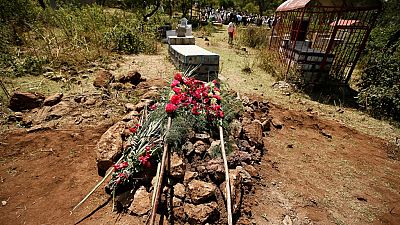

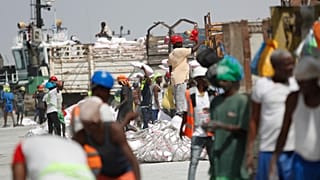
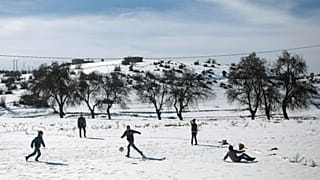

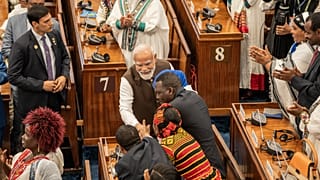
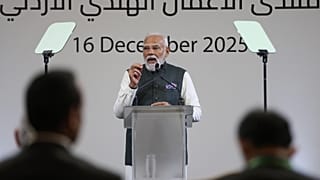
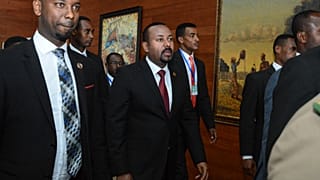
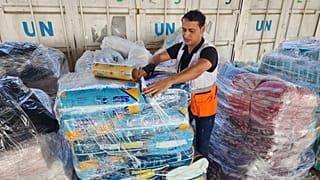
01:14
CAR deploys armed forces and MINUSCA to secure elections
Go to video
9 African migrants died in freezing temperatures near Morocco-Algeria border
01:13
Hollywood filmmaker Rob Reiner and wife found dead in Los Angeles home
00:42
UN condemns deadly drone strike on peacekeepers in Sudan’s Kordofan
Go to video
Cameroon post-election unrest: Protesters jailed, others freed
00:49
Eritrea announces departure from IGAD regional bloc